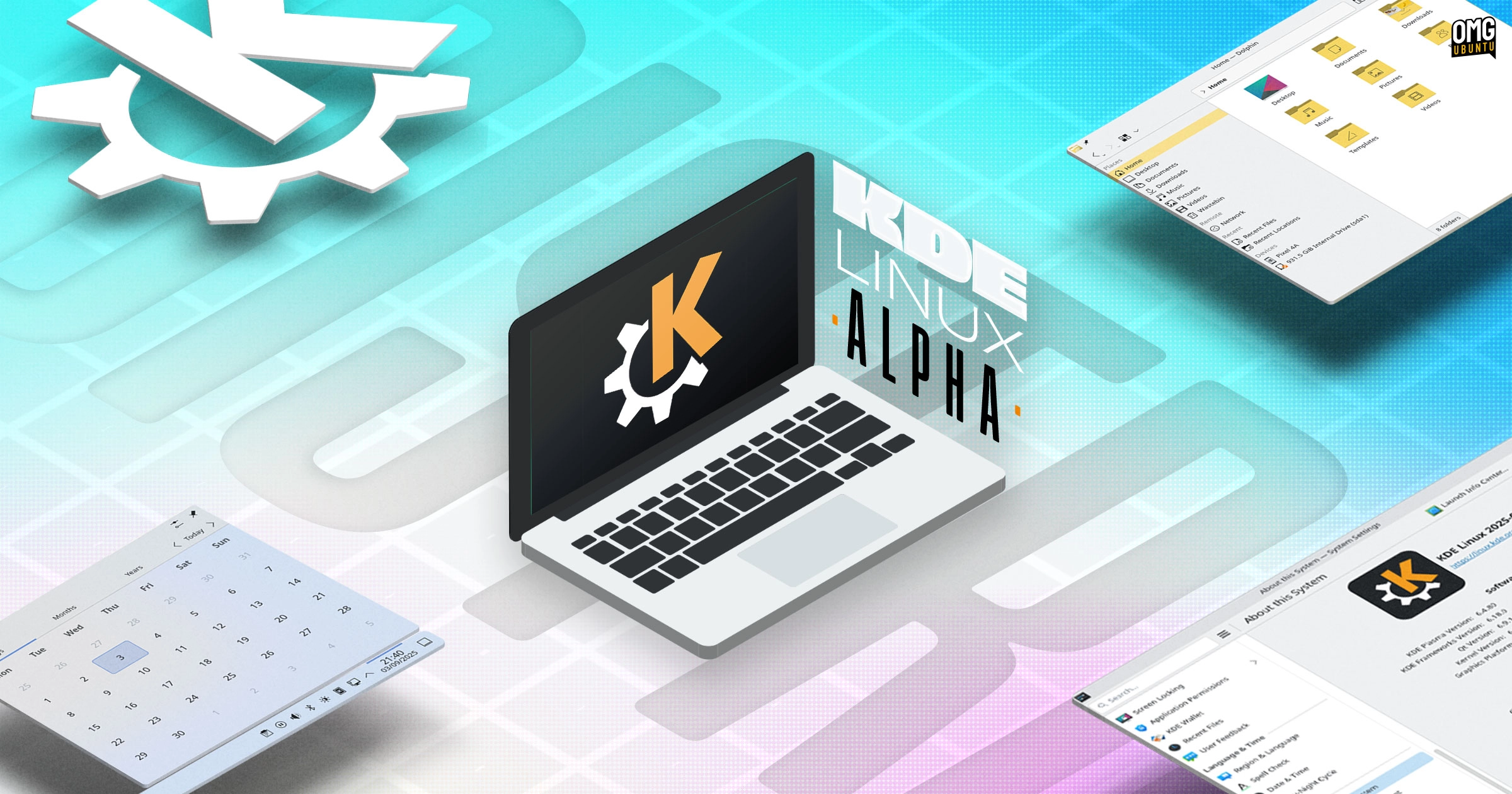KDE has launched the alpha version of its new Linux distribution, KDE Linux, which aims to provide a ‘reference implementation’ for the KDE Plasma desktop environment. Unlike traditional Linux distributions, KDE Linux is an immutable operating system, meaning its core components are housed in a read-only filesystem. This innovative approach is designed to prevent accidental corruption from package conflicts or incomplete updates, making it a stable option for developers and early adopters.
KDE Linux is built upon Arch Linux and utilizes atomic image-based updates for software enhancements, requiring a reboot to apply. Users benefit from an easy rollback feature, allowing them to revert to a previous stable state if an update fails. While the system operates under the immutable model, it still provides a familiar user experience typical of Linux distributions; users can install applications via the Discover center using Flatpaks or Snaps, or utilize containers like Distrobox and Toolbox for other software types.
Despite its unique packaging strategy, KDE Linux is not intended to replace existing distributions like Kubuntu or Manjaro. Instead, KDE aims to deliver the optimal experience of KDE software, directly from its creators without alterations.
Included in the alpha build are essential applications such as Mozilla Firefox, Haruna (video player), and various text editors. Additionally, multiple developer tools are bundled, and more can be accessed via pre-configured Flatpak repositories.
For those interested in trying KDE Linux, the alpha version is available for download from the KDE Linux website. This version targets developers and testers, so users should be prepared for potential instability as the project is still in the early stages of development.
